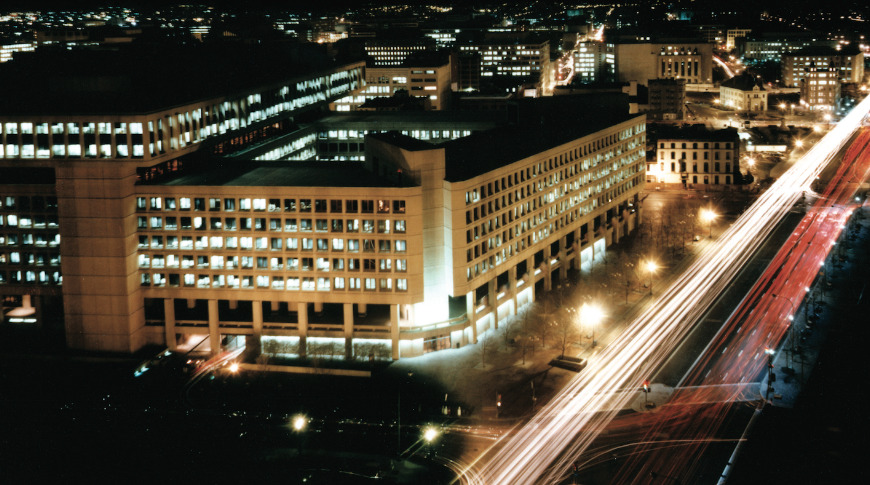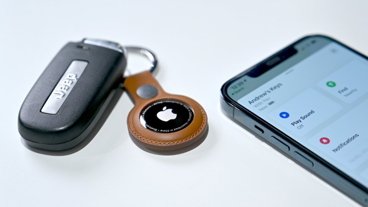US Attorney General William Barr's push against encryption concerns some FBI officials
The continuing push by US Attorney General William Barr and government officials for Apple and other tech companies to assist law enforcement by weakening encryption is a continuation of a long-standing argument, but some within the FBI disagree with the latest political volleys to break device security.
In the last week, Apple has come under fire from both the FBI and Barr, with each demanding help in gaining access to two iPhones at the center of the ongoing Pensacola shooter investigation. As part of the demand on Monday, Barr used the occasion to keep pushing forward the agenda of having access to secured communications.
"This situation perfectly illustrates why it is critical that the public be able to get access to digital evidence," said Barr, referring to his earlier encryption debate arguments. In earlier comments, Barr called for the creation of backdoors that provided access for law enforcement officials, yet somehow do not weaken encryption for normal users.
While the FBI is seemingly agreeing in public with the general sentiments, with FBI Director Christopher Wray and Deputy Director David Bowdich both echoing comments to further the agenda, not everyone within the FBI believes this is the right way to go.
Damaging Relationships
Senior FBI officials have apparently expressed concern about Barr's tone against tech companies for failing to capitulate, sources told the Wall Street Journal, as it may not necessarily be in the best interests of the bureau. The public claims have a possibility of souring existing relationships between the FBI and the tech companies.
The relationships work in both directions, with tech companies complying with warrants where possible and providing assistance to the FBI in cases where agents run into technical problems that require specialist knowledge. As well as providing assistance, tech companies also rely on receiving it from the FBI, especially in cases where they are victims of crimes that have national security or counterintelligence implications, something law enforcement agencies want to have reported to them.
Other officials were also worried about how Barr went after Apple in this latest installment, with the view that the Pensacola investigation is not the right venue for Barr to press his case over encryption. This is in part due to the belief Apple has already provided some assistance to the investigation, a sentiment Apple also agrees with.
According to former FBI general counsel Jim Baker, who previously clashed with Apple in 2016 over a locked iPhone, the issue for the officials is whether publicly arguing with tech companies is "worth the cost in terms of time, effort, and damage to the FBI's relationship with the tech sector."
The same sentiments are not felt by senior Justice Department officials, who believe the hefty nudge by Barr was needed to further the investigation, as the locked iPhones could provide extra clues about the shooter's intentions, including whether he conspired with other people located outside the United States.
Future Moves
Moving forward, Barr and other departments are offering few clues as to what their next moves will be, though Barr suggests the Administration is looking into solving the access problem via legislative means.
As for court challenges, such as the one Apple may face for the current investigation, a move to do so by the Justice Department is thought to be a risky move that could backfire and make it harder to acquire access in the future.
Former secretary of the Department of Homeland Security Michael Chertoff suggests "there's a risk that you wind up with a situation worse than the status quo." A ruling that goes against the Justice Department has the potential to limit access to tools, such as those from Graykey and Cellebrite, which are already used by law enforcement for evidence collection.
"It's not clear to me why this fight is advantageous to anybody," Chertoff said.
 Malcolm Owen
Malcolm Owen











 Andrew Orr
Andrew Orr


 William Gallagher
William Gallagher

 Mike Wuerthele
Mike Wuerthele
 Christine McKee
Christine McKee








